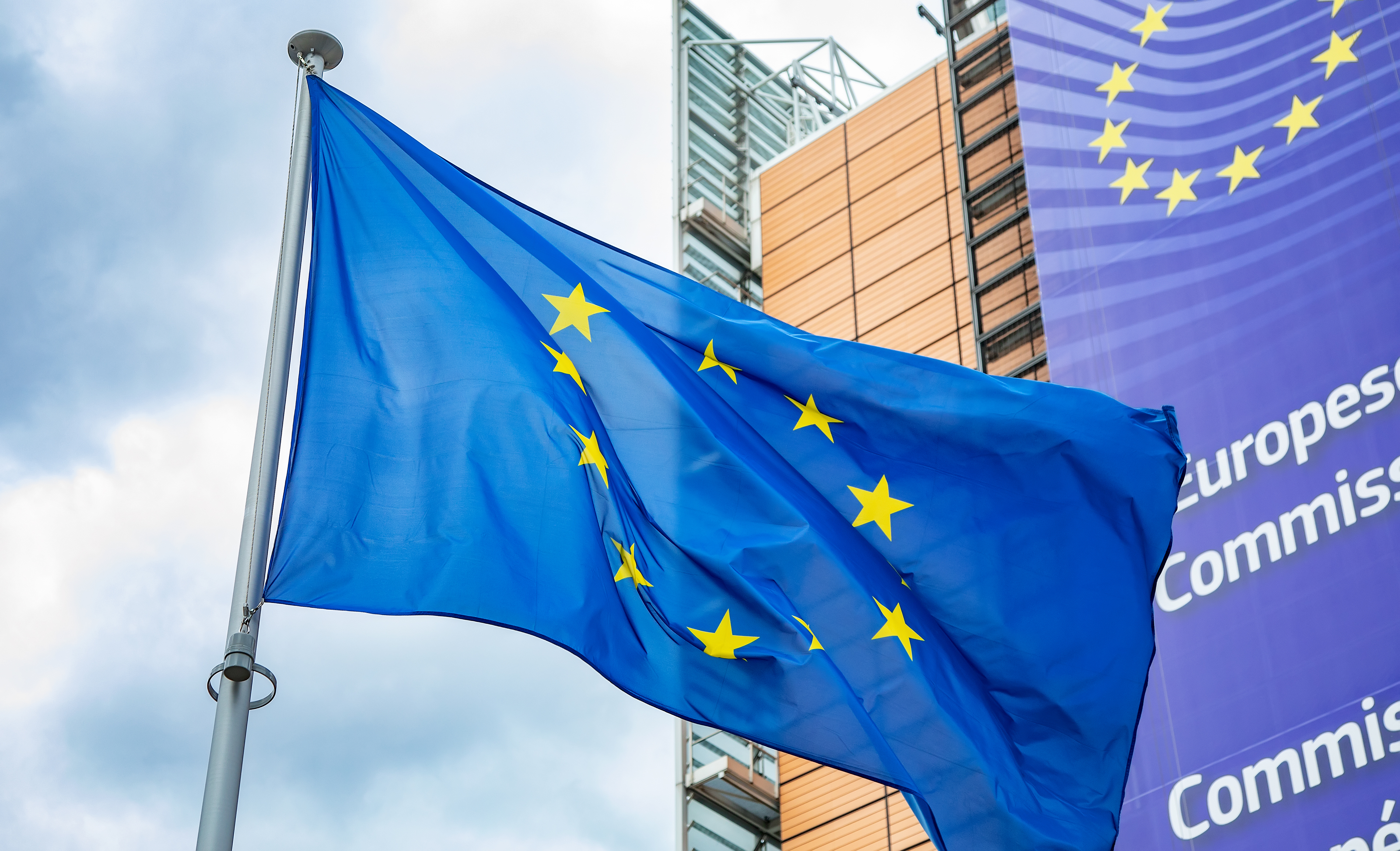EU Evaluation Calls for Improvements in WEEE Directive Amidst Rising E-Waste Challenges

The European Commission has published a comprehensive evaluation of the Waste Electrical and Electronic Equipment (WEEE) Directive, revealing both significant achievements and critical shortcomings in the bloc’s approach to managing electronic waste over the past two decades.
According to the official report, the Directive—originally adopted in 2003 and last recast in 2012—remains “relevant, coherent, proportionate,” and aligned with broader EU environmental and sustainability goals. However, despite notable progress in the proper treatment of electronic waste, the report underscores that nearly 50% of WEEE generated across the EU is still not being collected.
The WEEE Directive was established to ensure environmentally sound collection, recovery, and recycling of electrical and electronic equipment, ranging from mobile phones and laptops to refrigerators and photovoltaic panels. In 2022 alone, 14.4 million tonnes of such equipment were placed on the EU market, yet only 5 million tonnes were formally collected, according to Commission figures.
Key Findings
As reported by the Commission, several Member States are falling behind the legally mandated target of collecting 65% of WEEE based on the average weight of products placed on the market in the previous three years. Only Bulgaria, Latvia, and Slovakia met this target in 2022. Barriers include illegal exports, limited infrastructure, differing interpretations of the rules, and low public awareness.
The evaluation also points to limited progress in recovering critical raw materials (CRMs)—such as copper, rare earth elements, and gallium—which are increasingly vital for the EU’s clean energy transition and digital transformation. It found that the current recycling targets do not sufficiently encourage the recovery of these valuable secondary materials.
Furthermore, discrepancies in Extended Producer Responsibility (EPR) implementation—whereby producers are responsible for the end-of-life costs of their products—were flagged as a key structural issue. Enforcement gaps, particularly for online sales, have undermined the effectiveness of the system.
Another area of concern is the inconsistency in WEEE treatment standards across recycling facilities. Only 23% of EU facilities reportedly meet high-quality treatment benchmarks, which impacts the efficiency of material recovery and environmental protection.
In response to the evaluation, the European Commission is expected to consider a revision of the WEEE Directive as part of the broader Circular Economy Act. Possible measures under consideration include expanding the scope of the Directive to include CRM-rich digital and renewable energy equipment, introducing stricter and mandatory recycling standards, and fostering a secondary materials market in the EU.
Source: European Commission






